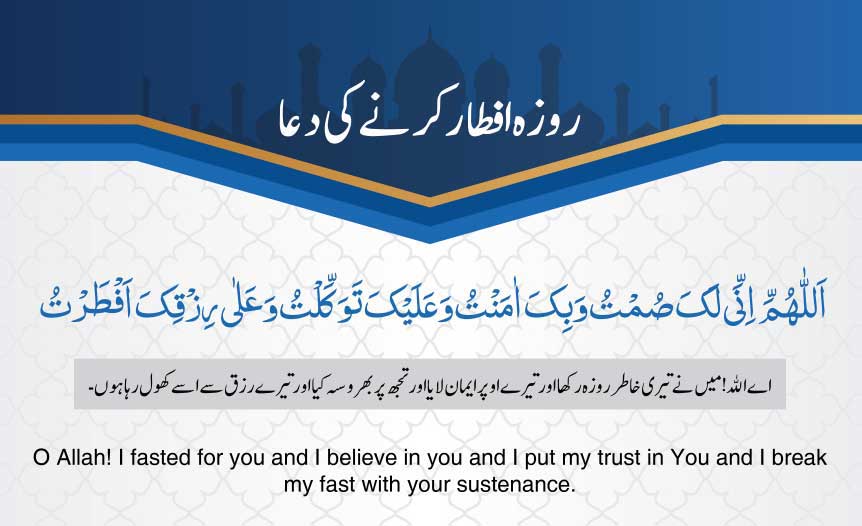Significance of Ramadan in Islam Religion
Ramadan - Dua For Fasting - Dua For Ramadan - First Ashra Dua - Second Ashra Dua - Third Ashra Dua - Laylat Al Qadr - Ramadan Duas - Dua For Laylat Al Qadr
Significance of Ramadan in Islam Religion
Muslims express their love and gratitude for God through worship and obedience, following guidance from the Quran and the traditions of the prophet Muhammad. During Ramadan, Muslims engage in fasting, reading and comprehending the Quran, and special prayers. They also strive to avoid negative behaviours and thoughts. Fasting is an opportunity to experience hunger, develop empathy for the less fortunate, and appreciate God’s bounties. Reciting the Quran during the night brings spiritual upliftment, comfort, and strength. Laylat ul Qadr, the holiest night during Ramadan, is a time for passionate and dedicated prayer. The month of Ramadan also emphasizes charitable activities and doing good deeds. Muslims should display these virtues year-round, but Ramadan provides an opportunity to recharge their spirit and seek forgiveness. Ramadan unites Muslims worldwide as they fast, pray, and submit to God together. Ultimately, Ramadan is a joy and gift beyond compare, and a time to strengthen one’s relationship with God.
Ramadan is one of the most significant months in the Islamic religion. It is the ninth month of the Islamic lunar calendar, and Muslims all over the world observe it as a time of fasting, prayer, and reflection. Here are some of the key reasons why Ramadan is so important in Islam:
- Fasting: One of the main pillars of Islam is fasting during the month of Ramadan. Muslims are required to fast from dawn until sunset each day during Ramadan. This means abstaining from food, drink, smoking, and sexual activity during daylight hours. The purpose of fasting is to teach self-discipline, and self-control, and to develop empathy for those who are less fortunate and have limited access to food and water.
- Spiritual Reflection: Ramadan is a time for spiritual reflection and growth. Muslims are encouraged to read and reflect on the Quran, and to spend more time in prayer and supplication. The month is seen as an opportunity to strengthen one’s relationship with Allah and to seek forgiveness for past sins.
- Community: Ramadan is a time for communal worship and coming together as a community. Muslims gather at mosques for evening prayers (Taraweeh) and to break their fast together in the evening (Iftar). This strengthens the bonds between members of the community and fosters a sense of unity and belonging.
- Charity: Ramadan is also a time for giving to those in need. Muslims are encouraged to give generously to charity during the month, whether through donations or volunteering their time to help others. This spirit of giving is an important part of Islam, and Ramadan provides an opportunity to practice it.
- Night of Power: The last ten days of Ramadan are considered the most blessed, and among them is the Night of Power (Laylat al-Qadr), which is believed to be the night when the first verses of the Quran were revealed to the Prophet Muhammad. Muslims believe that this night is particularly auspicious for prayer and supplication and that the rewards for good deeds performed on this night are multiplied.
Overall, Ramadan is a time for self-discipline, spiritual growth, community, and charity. It is a month that is highly valued by Muslims all over the world as a time of increased devotion and closeness to Allah.
Dua for Fasting in English and Urdu
Suhoor or the pre-dawn meal is a significant element during Ramadan as it is the last meal before the sun rises and the fast begins. The Iftar is the evening meal with which Muslims break their fast at sunset.


Dua For First Ashra
The first 10 days of Ramadan signify Allah’s mercy with the purpose to practice mercy towards other brethren. Here is a dua for first 10 days of Ramadan:

Dua For Second Ashra
The second Ashra is a time for forgiveness. During this stage, Muslims ask for Allah’s pardon and seek repentance from sins. The dua that can be recited during the second Ashra is:

Dua For Third Ashra
The third and last Ashra ends on the 29th or 30th of Ramadan and holds special significance for Muslims since it represents protection from the hellfire. Additionally, the most important night of the Islamic calendar, Laylat-ul-Qadr, also falls during this time. The dua for the last 10 days of Ramadan is:

Dua For Laylatul Qadr
Known as the Night of Destiny, Laylatul Qadr commemorates the night that the Holy Quran was first revealed to Prophet Mohammad. In addition to zikr (remembrance of Allah) and recitation of the Quran, some Muslims perform Atikaf, an Islamic practice including a period of staying in a mosque for a couple of days and devoting themselves to worship. The dua to be recited during Laylatul Qadr is:

